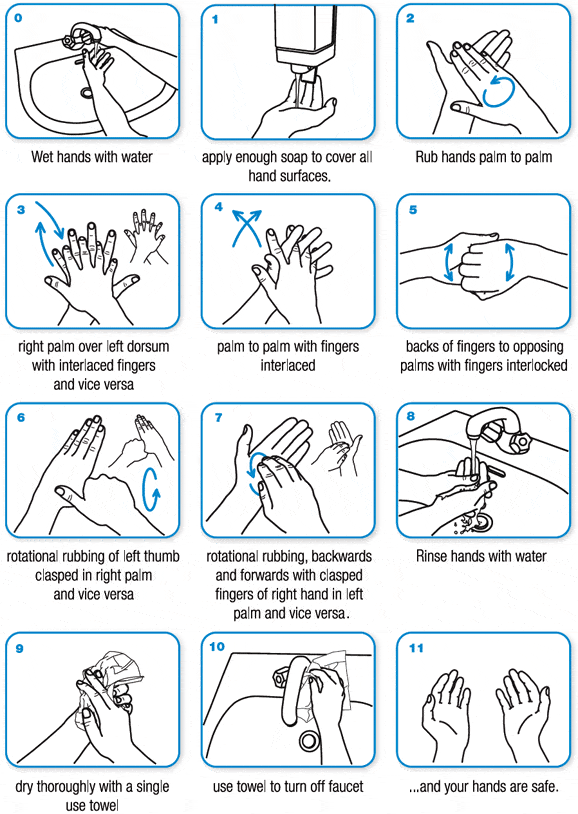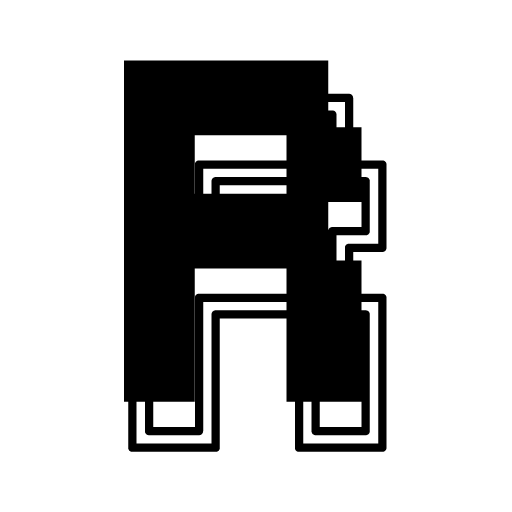If you’re anything like me, you’re probably tired, and a bit scared about the COVID-19 pandemic. The situation evolves quickly and dramatically, but I think we can all agree that the writing is on the wall: either us or our loved ones will likely contract the virus (current estimates are 20% to 70% of the world population will get it). Most of us will be okay, but some will die.
Confirmed cases keep growing exponentially. At the moment of this writing, there are 145,637 cases with 72,529 recoveries and 5,436 deaths (according to Worldometer), 91% are in Mild сondition.
So, yeah, it’s exhausting to keep up with the coronavirus news. It’s taking a mental toll: even if you think you’re not at risk of becoming “the Severe case,” you have older and immunocompromised people in your life. Unless you’re a psychopath, you’re anxious about them right now.
I found myself in a feedback loop. I scroll through the Twitter feed, see bad news, get anxious about it, go do something else. Still, my mind is preoccupied, so I go back to Twitter to read more scary news stories. Ad infinitum.
My usual coping mechanism is humor: crack a couple of jokes, make some memes, feel a bit better. This time it doesn’t work, it’s just too much. So I decided to try something else, specifically, a thought exercise. I asked myself: “what positive changes we, as a species, may create in the aftermath of the pandemic?”
Change Is In The Air
Historically, tough times drastically change the way of life. Be it a world war or a deadly pandemic, humanity reacts, responds, and adapts. I feel like we’re in the moment that can cause profound change.
The following is a speculation based on the feelings and thoughts I have. It’s not scientific or backed by any data, but I really wish some of it becomes a reality.
Remote Work
Out of the few positive changes I came up with so far, this one seems the most realistic. As the pandemic has already shown, going to the office is absolutely not required for many modern-day jobs. All of a sudden, huge corporations don’t have issues with their employees working remotely.
Remote work will enter the mainstream, it no longer will be a gimmick reserved for tech companies and freelancers.
Remote Learning
Just as with the remote work, people will realize that going to a school is not a hard requirement. It’s already a thing, but it’ll become more pronounced.
Carbon Footprint
This one stems from the previous two (and the travel industry having near-death experience). As more people work and learn from home, they will use their cars less. This will help with traffic congestion in the bigger cities and give our planet some much-needed breathing space.
Healthcare And Worker Rights (US Specific)
My hope is that the currently unfolding situation will put inadequacies of the current system in a very intense spotlight. Thus, shifting the public opinion from “universal healthcare is communism” to “I can’t believe we were dealing with this for-profit insurance nonsense for such a long time.”
Another positive might be the guaranteed paid medical leave for every employee. No one has to go to work when they’re sick. It’s a straightforward concept, and the lack of grasp on it in the US is dumbfounding.
Personal Hygiene
For the last couple of months, I’ve been becoming increasingly aware of people coughing around me, and I watched them closely. Many don’t cover their mouth at all, and some do it wrong.
I must admit, until recently, I have never washed my hands properly. I did it, but half-assed the whole thing: missed spots and rarely (if ever) did it for more than 10 seconds. If my parents ever taught me how to do it right, I totally forgot.

I hope we collectively learn how to wash our hands thoroughly and cover our coughs or sneezes. This will help prevent or mitigate local/global outbreaks of various diseases.
Food Waste
My granda used to discipline me each time when I was playing with food. As a child, I didn’t understand it. I found it quite entertaining to kick a bread bun or throw an apple. She’d become furious and said something like, “You have to respect the food! Bread is not a toy!” Those memories came back to me as I was watching people panic-shopping on the Internet and, two weeks later, in real life.
We toss an astonishing amount of food in the garbage. I hope this crisis will make us more mindful of what we eat and what we throw out.
Conclusion
Only time will tell how much of the above will become a reality and how much will stay wishful thinking (or a pipe dream, depending on one’s perspective).
I know one thing. The harder we’ll get hit in the following weeks, months, and maybe years (see the Spanish Flu), the likelier the changes will stick. If one cuts a finger with a knife, they might learn how to properly hold it; losing a finger will have a lasting effect for the rest of their life.
But we’re going to be alright.
